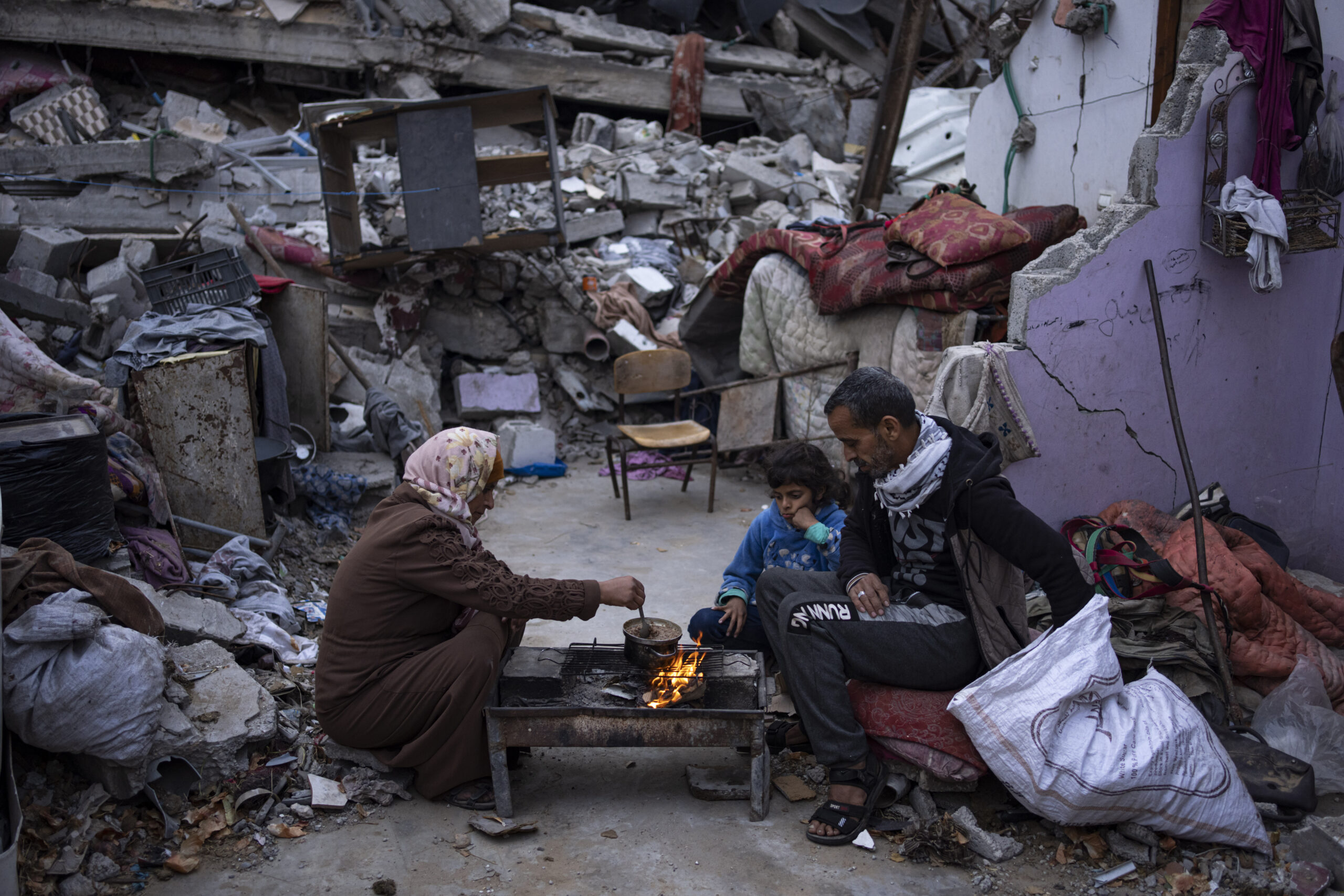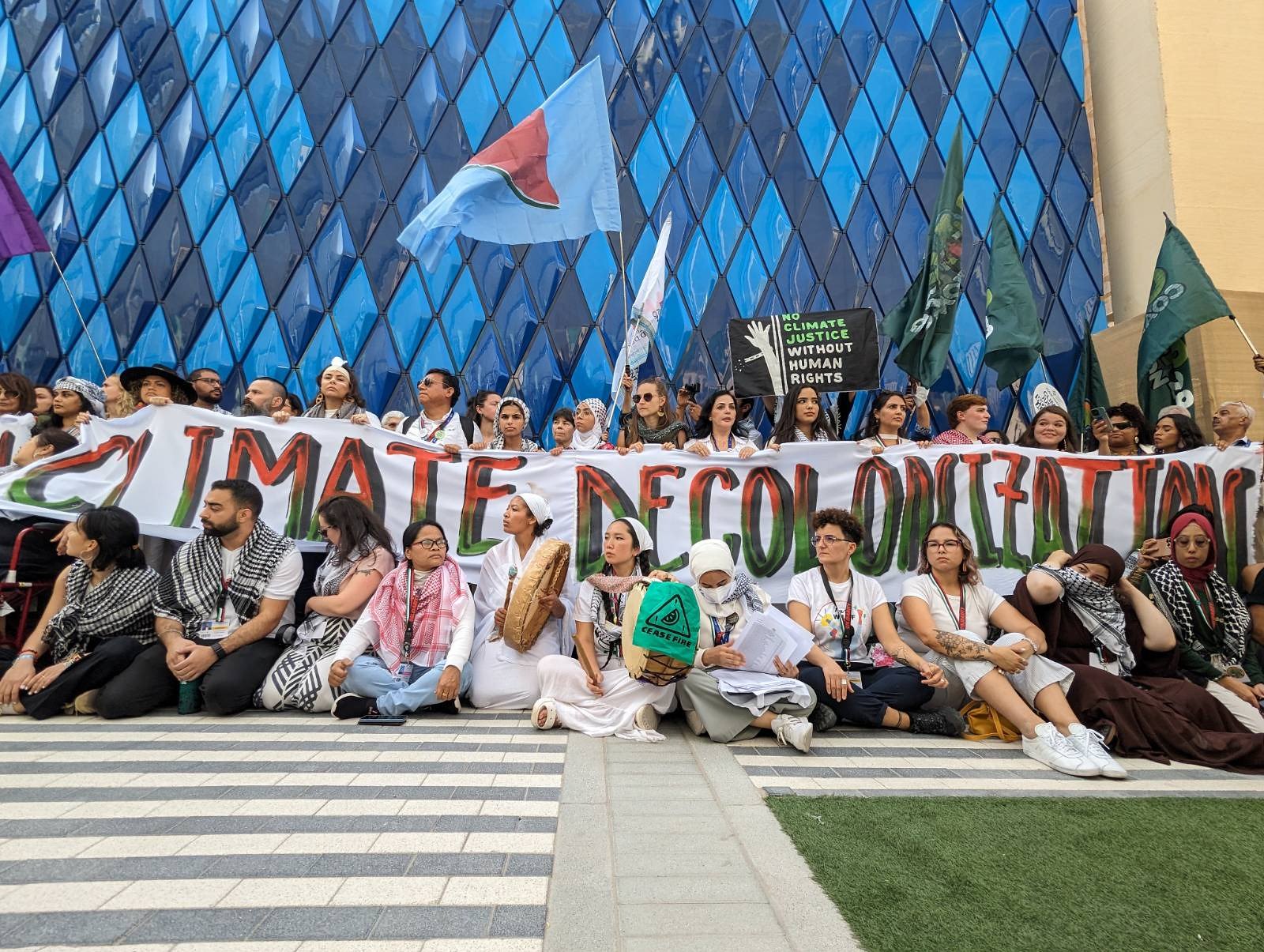The last years have witnessed the dawn of a new type of warfare: drone strikes. Especially since President Barack Obama took office in 2009, unmanned aerial vehicles (UAVs), as they are technically named, have turned into a major weapon in the so-called War on Terror. With the United States in the lead, a number of other nations—including the United Kingdom, Israel, and China—have increased their use of UAVs. The latest newcomer to the club is Germany, where the government recently announced that it plans to acquire drones.
The promises put forth by drone advocates are huge: Drones are very cheap; they can be operated easily and with technical precision; and most important, they are very effective against terrorists, thereby precluding the need to send sons and daughters to the frontlines. They offer us, in short, a humane way of waging a clean war.
Or so we are told.
In this publication, Medea Benjamin, cofounder of CODEPINK and Global Exchange, convincingly demolishes popular myths surrounding the use of drones. Benjamin’s firsthand accounts from her 2012 CODEPINK delegation to Pakistan show that reality is never quite as clean cut as futuristic fantasies would suggest. Rather, misidentified targets and human error remain just as much part of the picture as in traditional warfare. And while drones may seem to be an effective tool in targeting suspected terrorists, their inevitable impact on families and communities—cynically called “collateral damage”—only leads to radicalizing civilian populations against the United States. Farea Al-Muslimi, a young Yemeni activist and journalist who testified at the U.S. Senate Judiciary Committee on the legality of drone strikes, concurs: “Drone strikes are the face of America to many Yemenis. If America is providing economic, social and humanitarian assistance to Yemen, the vast majority of the Yemeni people know nothing about it. [Drone strikes] allows AQAP [al-Qaida in the Arabian Peninsula] to convince more individuals that America is at war with Yemen.”
The unanswered legal and moral questions surrounding armed drone usage have, for the most part, not been addressed by the drone advocates. They try to avoid this debate because this is a debate they can hardly win. Given that the targeted people aren’t given any trial, nor the presumption of innocence, can and should citizens entrust government officials with the power to “play prosecutor, judge, jury, and executioner at the press of a button?” The answer, according to Benjamin, is a resounding “No.”
And in fact, resistance against drones is on the rise—in the U.S. and abroad. Protests have been organized not only in the targeted areas, but also in the United States, the United Kingdom, and Germany. The United Nations is conducting an official inquiry into the impact of drone usage on civilians. As with all these crucial efforts, the first step toward community action—and what we aim for with this publication—is the critical analysis of the current situation.



